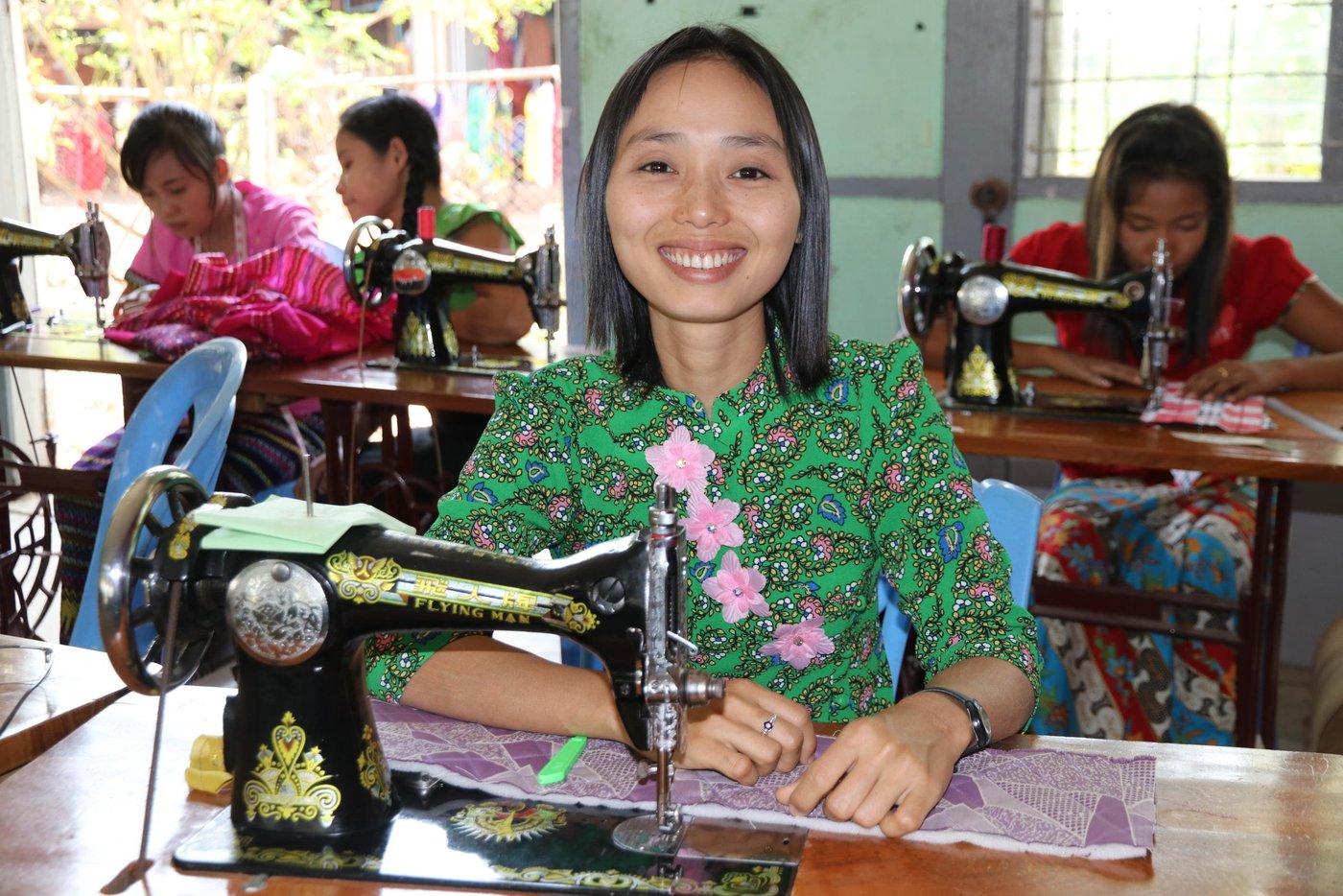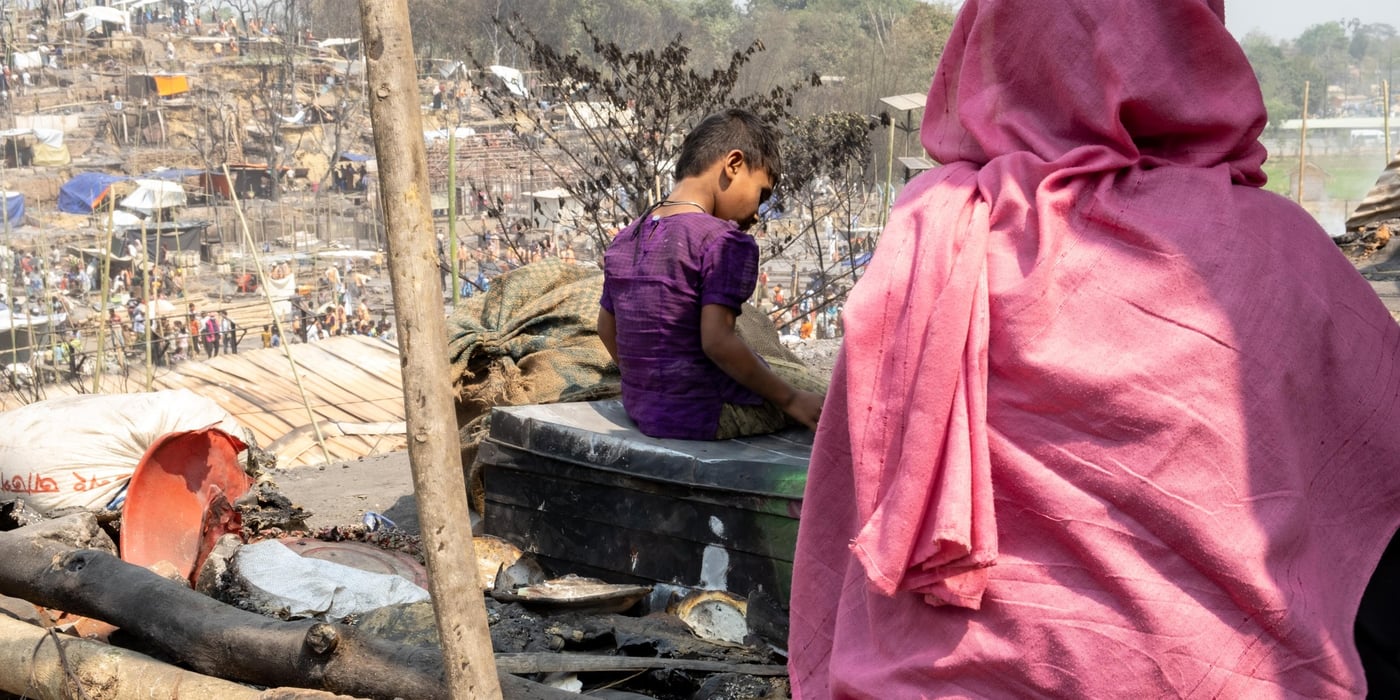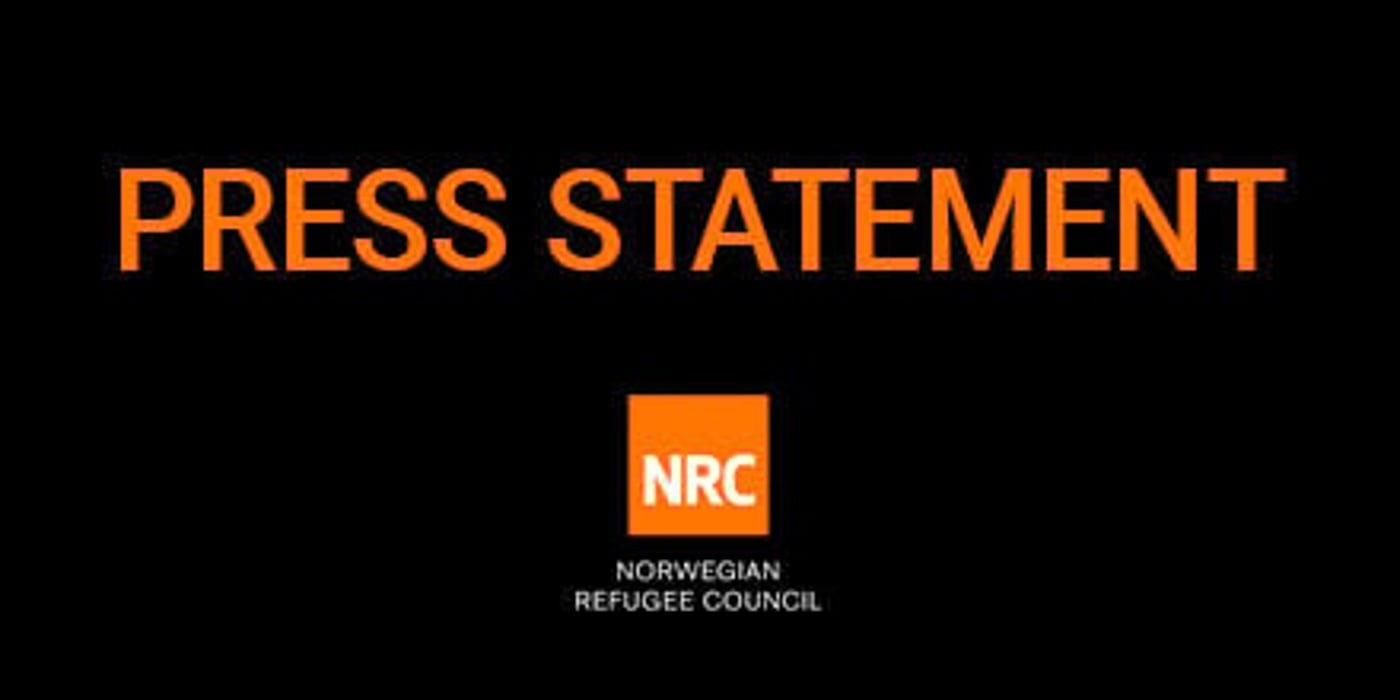
(This article is from a visit to Myanmar in March 2017)
A steady, mechanical sound buzzes from 30 manually operated sewing machines, blending in with eager chatter and laughter.
I’m visiting the Norwegian Refugee Council’s (NRC) education centre for youth in Dawei, a small town in south-east Myanmar.
The narrow sewing tables are covered in heaps of colourful fabrics, encircled by young women measuring, cutting and discussing design. All windows are wide open and a rooster prances about in the courtyard, trying his best to overpower the noise of mopeds passing by.
Independence
Twenty-four-year-old Naw Su Phaw sits in front of a sewing machine. She’s wearing a light green dress decorated with pink flowers, but no, it’s not her design, she smiles when I ask. In a few days, she will graduate from the centre’s tailoring class.
“I’ve wanted to become a tailor since I was 19,” she explains. “I wanted to be independent.” But at the time, an education wasn’t an option. Her mother had taken ill, and Naw Su Phaw had to stay home and take care of her.
Seventy years of conflict
Naw Su Phaw comes from a village further south. Both her parents have passed away, but her brother and sister still live in the village.
Conflicts have tormented Myanmar since the country became independent from Great Britain in 1948. Hundreds of thousands have been displaced by fighting between the government army and groups struggling for representation.
Read NRC's Secretary General Jan Egeland's statement on the situation in Myanmar's Rakhine state.
Around 20 years ago, the fighting between the government army and the Karen National Liberation Army (KNLA), who wanted independence for the Karen people in southern Myanmar, came to Naw Su Phaw’s neighbourhood.
Hiding in the forest
They had to flee. She was only four years old at the time and cannot remember all the details, but some have stuck to her memory:
“We hid in the forest. We went for days without food and we had to ask other villagers to share their food with us. When we came back, our house had been burnt to the ground.”
The family escaped to another village and lived there for four years before finally returning home.
But moving back wasn’t easy. At any given time soldiers from the government army would walk around in the village, approach the villagers and question them about KNLA. Those who refused to reply risked being killed. For Naw Su Phaw, what had been her home no longer felt safe.
We hid in the forest. We went for days without food and we had to ask other villagers to share their food with us. When we came back, our house had been burnt to the ground.
Hopes for lasting peace
Today, there is peace in this part of Myanmar. In 2015, some of the larger armed groups signed a ceasefire agreement with the authorities. However, fighting continues between the government army and armed groups in other parts of the country.
“We used to live in fear; we couldn’t go anywhere or talk to anyone,” Naw Su Phaw recalls. “Today, we have freedom of movement and I can speak with whomever I like.”
When NRC came to her village last year announcing the youth education centre, she knew that it was what she wanted. She hopes the peace in the region will last, so that she’ll have a chance at her dream to run a tailor shop.
The centre’s participants are young people between the ages of 18 and 25, from the city of Dawei and villages in the region. Some have been displaced, in Myanmar or in a neighbouring country. Others belong to minority groups, have physical disabilities or have only few years of schooling.
To make it, she has to work hard. She only went to school for four years in her childhood, and she has a lot of catching up to do.
“Since I’ve missed out on so much education, I find it hard sometimes to follow the class,” Naw Su Phaw explains. But: “I want to say to all the youth in the world that they have to study while they have the chance!”




